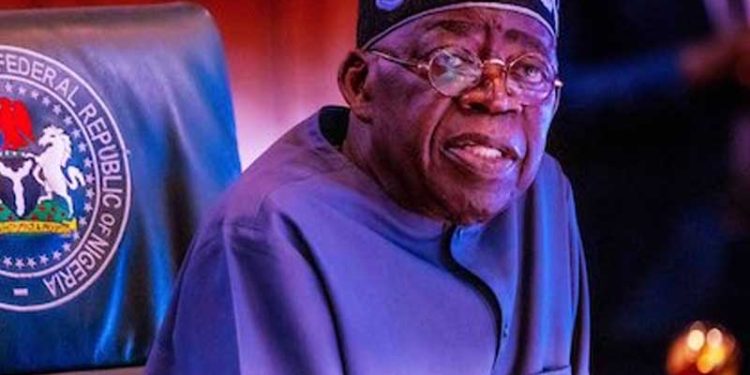President Bola Tinubu has approved the implementation of a 15 per cent ad-valorem import duty on petrol and diesel imports into Nigeria, a move the Federal Government says is aimed at protecting local refineries and promoting price stability in the downstream petroleum sector.
The directive, contained in a letter dated October 21, 2025, and made public on Wednesday, was issued to the Federal Inland Revenue Service and the Nigerian Midstream and Downstream Petroleum Regulatory Authority. The letter was signed by the President’s Private Secretary, Damilotun Aderemi, conveying approval for the tariff following a proposal by the Executive Chairman of the FIRS, Zacch Adedeji.
According to Adedeji, the new policy is part of ongoing reforms to boost domestic refining capacity and strengthen Nigeria’s transition toward a naira-based oil economy under the Renewed Hope Agenda for energy security and fiscal sustainability.
“The core objective of this initiative is to operationalise crude transactions in local currency, strengthen local refining capacity, and ensure a stable, affordable supply of petroleum products across Nigeria,” Adedeji stated in his memo to the President.
He noted that despite increasing domestic refining—especially in diesel production and early petrol output—price instability persists due to misalignment between local refiners’ production costs and imported fuel pricing benchmarks. He warned that the continued reliance on import parity pricing has pressured emerging domestic refineries and discouraged new investments.
The introduction of the 15 per cent import duty is intended to discourage duty-free imports from undercutting local refineries and to encourage marketers to source supplies domestically.
However, the policy may lead to higher pump prices. Government projections show the new duty could raise the landing cost of petrol by approximately ₦99.72 per litre, bringing estimated retail prices in Lagos to around ₦964.72 per litre. Despite this, the government argues that prices in Nigeria would still remain below those in several West African countries, including Senegal, Côte d’Ivoire and Ghana.
The tariff policy comes as Nigeria intensifies efforts to reduce its reliance on imported petroleum products. The Dangote Refinery has already commenced diesel and aviation fuel supply, while modular refineries in Edo, Rivers and Imo states have begun limited-scale petrol production. Yet, petrol imports still account for an estimated 67 per cent of national consumption.
The government says the measure is designed to balance consumer protection with industry sustainability, while creating conditions that encourage long-term investment in the refining sector.















